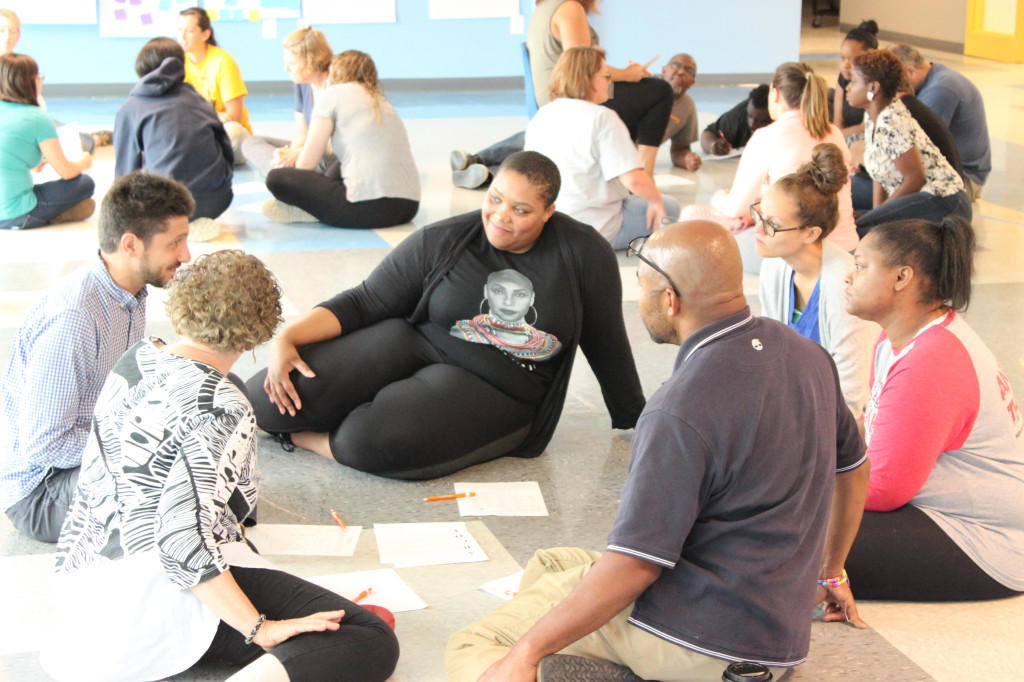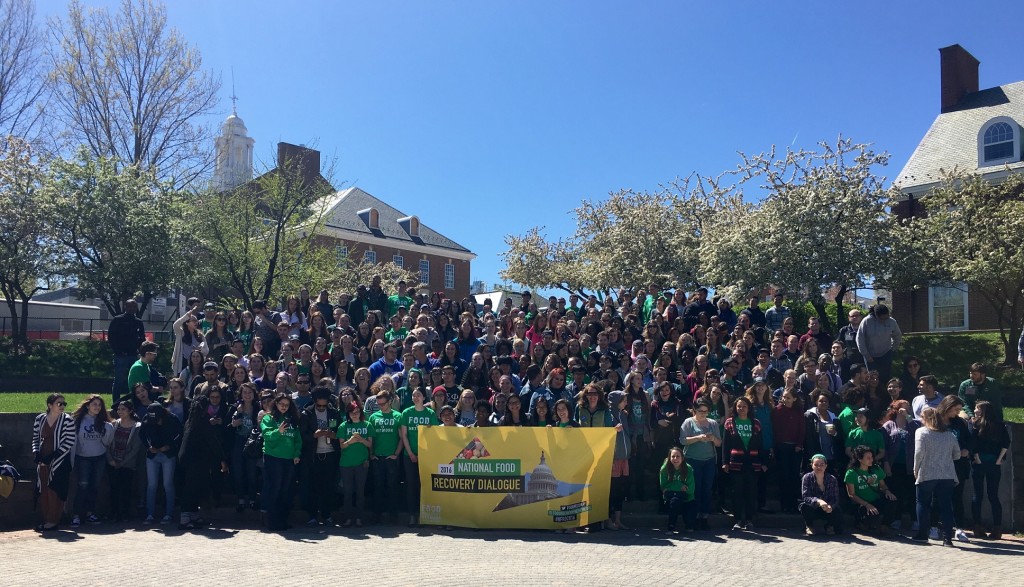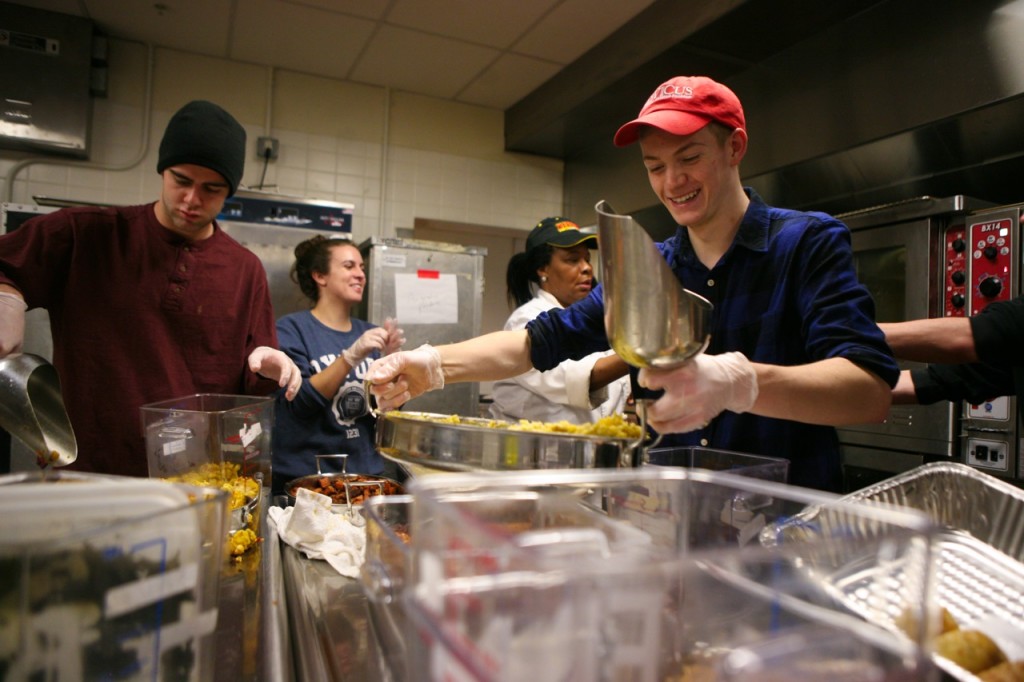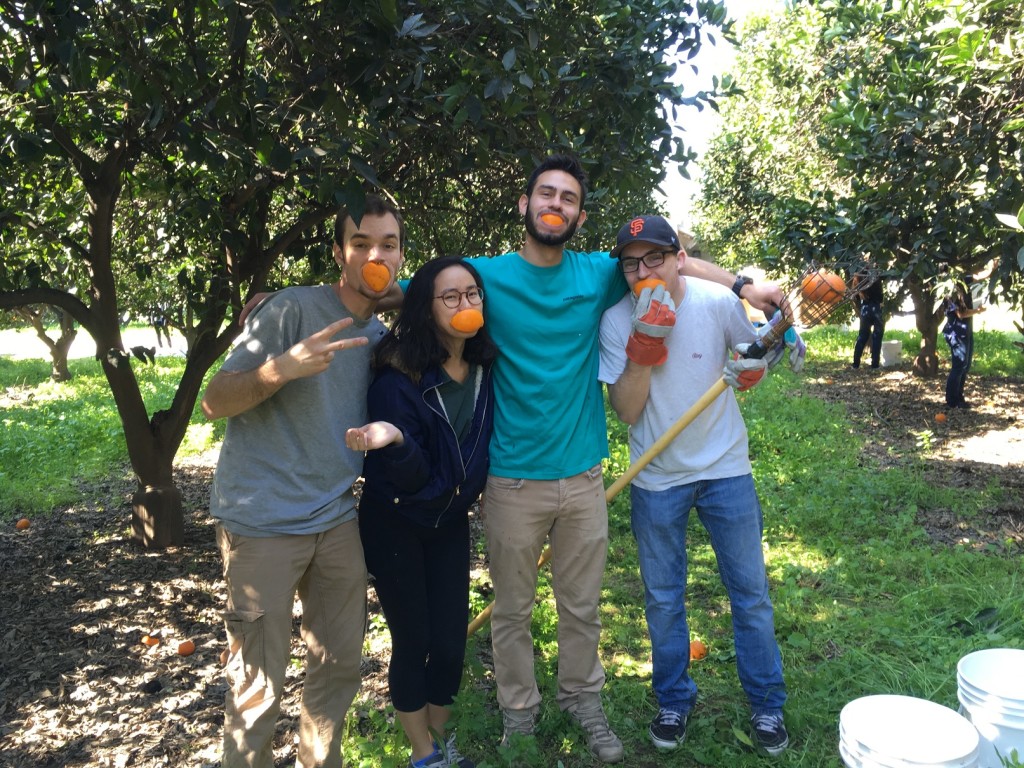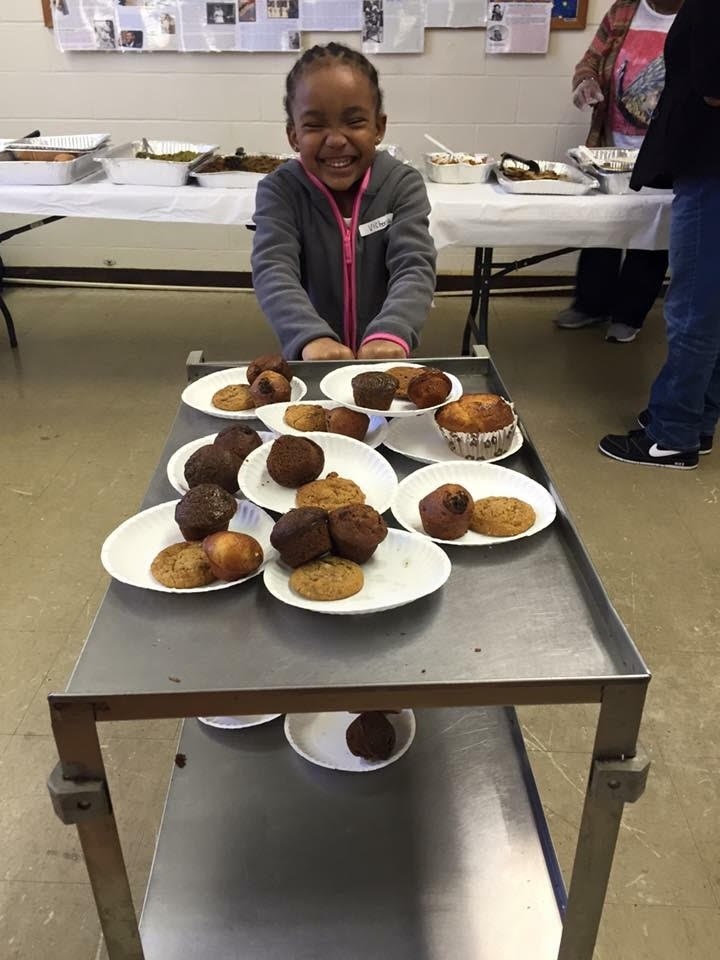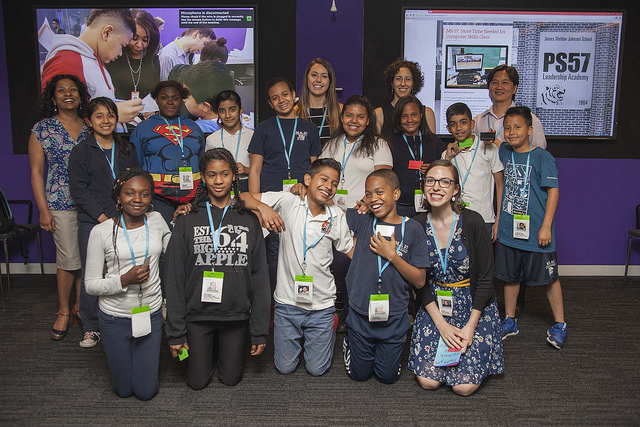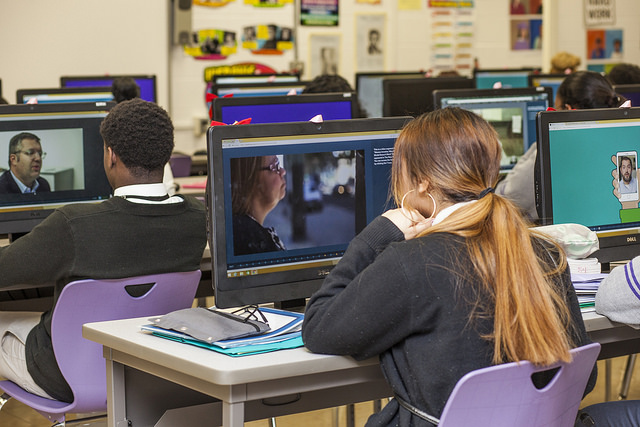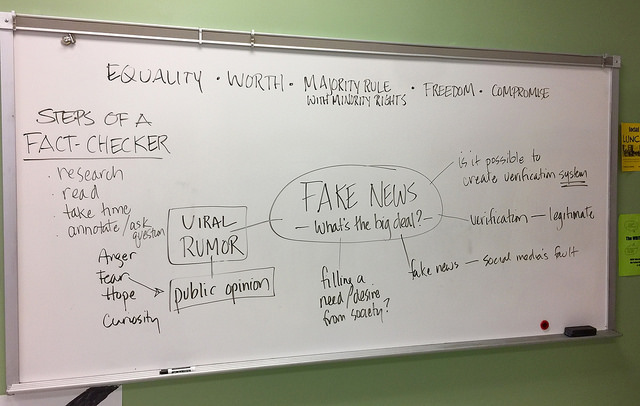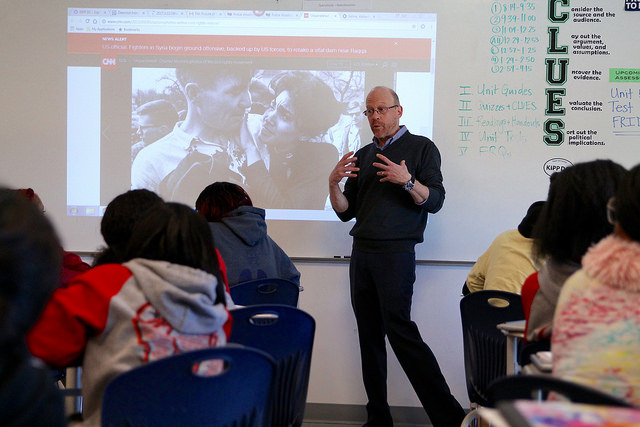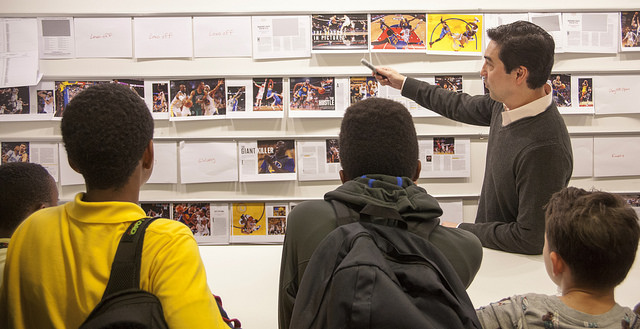by Bryce Jacobs, Executive Director, BUILD Metro DC
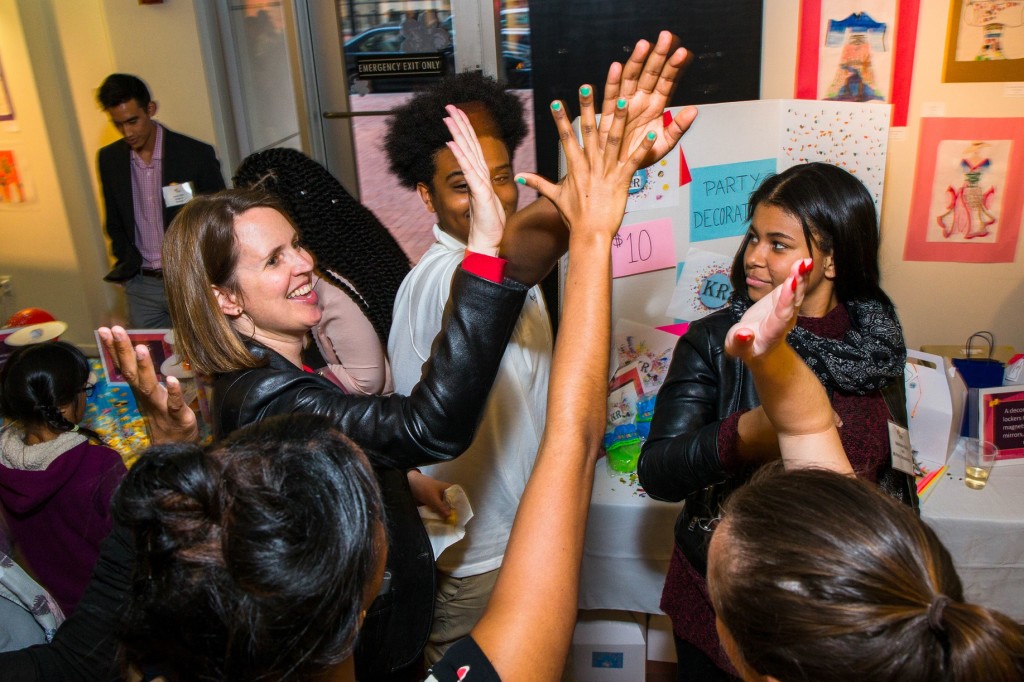
BUILD was created with the audacious notion that students at the highest risk of dropping out of high school have the power to become self-starters who can change the trajectory of their lives. BUILD has seen that holistic academic support, combined with business training, leads to long-term success both in the classroom and beyond high school. We like to say that, “entrepreneurship is the hook; college is the goal.”
Through the process of developing and managing their own businesses, BUILD students experience first-hand how their academics are not only relevant, but also crucial, to life beyond the classroom. The result is a vital sense of ownership over their education and careers. As the applicability of school to “real life” becomes clear, and as students gain important skills, the BUILD program stimulates their motivation, challenges them to set high expectations for themselves, and empowers them to succeed.
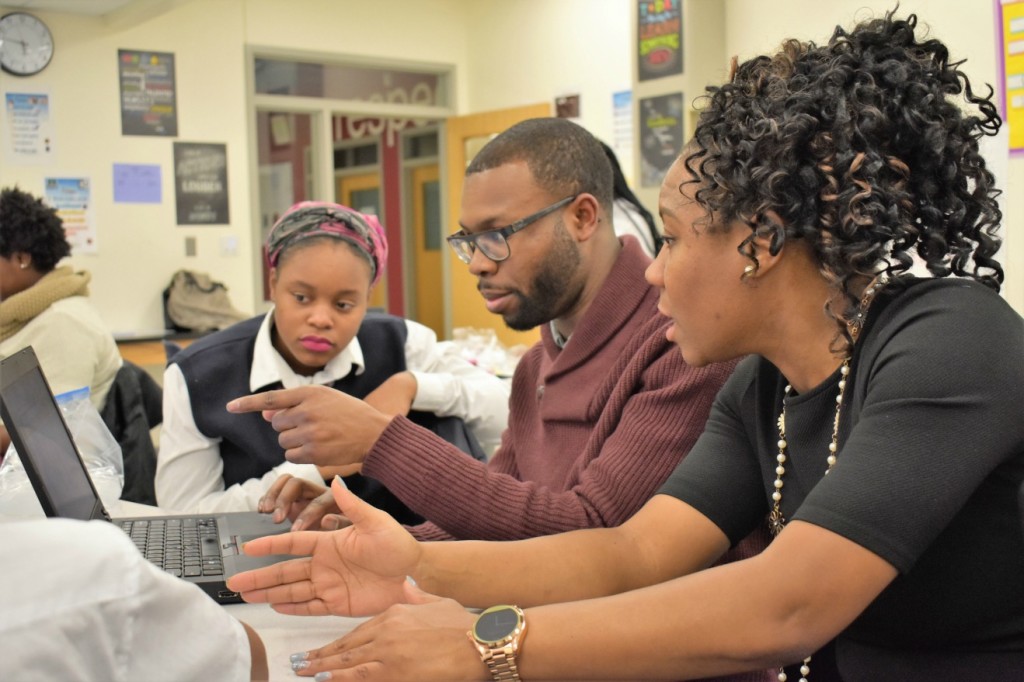
BUILD holds an unwavering belief in the potential of youth. Unlike many other youth programs, BUILD Metro DC targets students who are not are not on-track academically and might not consider college an option. Furthermore, many BUILD students are at a socio-economic disadvantage, and will be the first generation in their family to earn a college degree.
For this school year, BUILD is serving nearly 350 students at six schools in the Metro DC area: Columbia Heights Education Campus, Eastern Senior High School, Friendship Collegiate Academy, Friendship Technology Preparatory Academy, Roosevelt Senior High School, and The SEED School of Washington, D.C. And, for the first time ever, BUILD is also working with the entire 8th grade class at Friendship Technology Preparatory Academy Middle School.
In Washington, DC, only 69% of high school students graduate high school on time compared to the national average of 78%. Of those who do graduate on time, only 50% enroll in college. With such low graduation rates in DC, the dropout crisis does not just impact individual lives, it cripples our local economy and sets our city’s competitiveness behind. BUILD Metro DC launched in 2008 to stem the tide of high school dropouts and prepare students for college.
Our nation’s education system itself is woefully outdated. Students are not being taught the skills they need to thrive in the 21st Century, particularly in under-resourced communities in urban environments. BUILD aims to change that. With a focus on skills like creative problem solving, effective communication, self-management, collaborating effectively with others, grit and determination – what we describe as the “entrepreneurial mindset”. BUILD uses entrepreneurship to prepare young people for the Innovation Era and to get them engaged in their education.
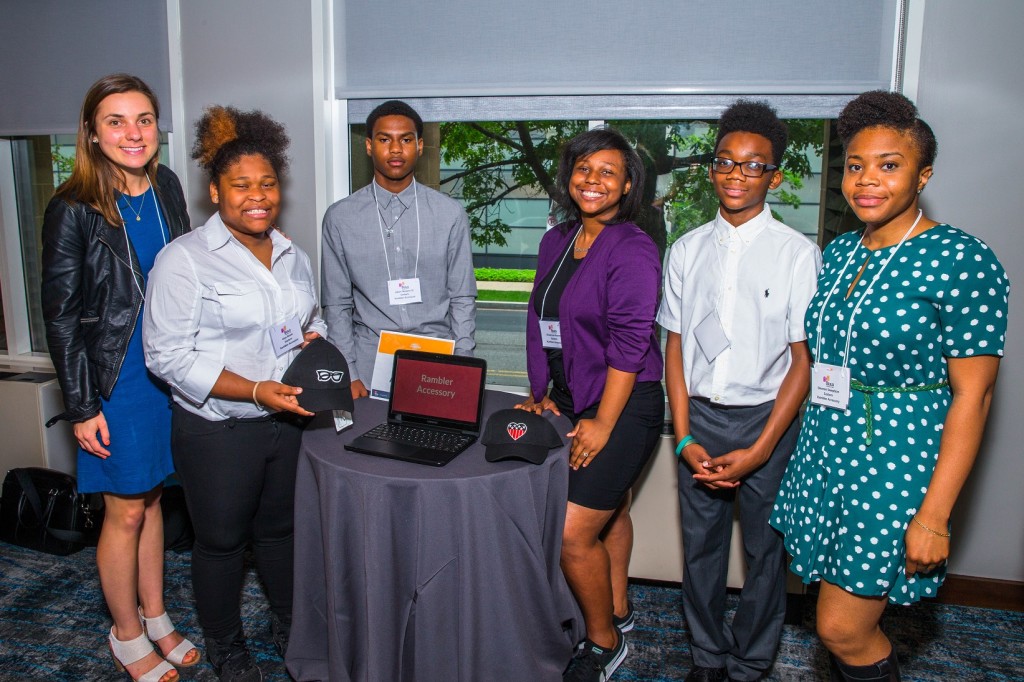
While I’m passionate about BUILD’s curriculum and how it engages our students with a very hands-on, experiential learning model, what truly inspires me are our students. There’s Jada and Imani, and Daniel, to name a few. They came to BUILD uncertain of the possibilities and opportunities available in their future, and exceeded their own expectations.
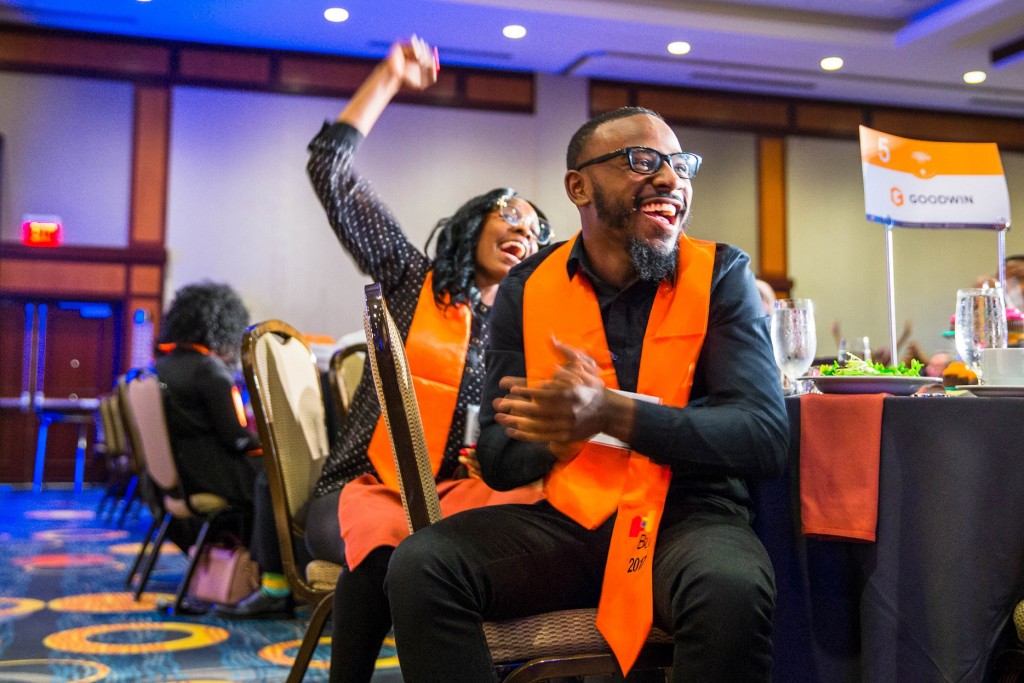
For us, our outcomes speak for themselves. The impact of BUILD’s program on the achievement of low-income students is notable even after only one year: in the lowest performing schools in which BUILD serves students, BUILDers with just one year of BUILD graduate at a rate up to 56% higher than their peers. In higher-performing schools, BUILDers graduation attainment is 12-15% above the average for their low-income school peers.
The results of BUILD’s program speak to the impact of our model on student achievement and success. Since BUILD Metro DC’s first class of students became high school seniors in 2012, 95% of seniors have graduated from high school on time and 95% have been accepted to a college or university. In the 2016-17 school year, BUILD Metro DC’s accomplishments included a 100% on-time graduation rate for seniors and a 100% rate of acceptance to at least one college. Collectively, BUILD seniors were accepted to 100 colleges and won $1.4m in scholarships.
Further, BUILD students persist in college at a higher average than their peers. Research conducted by BUILD demonstrated that BUILD’s 2013 graduates enrolled in more four-year colleges, compared to two-year colleges, than their peers at the national level. For BUILD’s target demographic of low income, 100% minority, urban high school students, 75% of BUILD students in 2013 enrolled in a four-year college compared to 57% nationally. Moreover, BUILD students are on track to have higher college graduation rates within six years than the national average for both the target demographic of low-income minority students, and overall nationally.
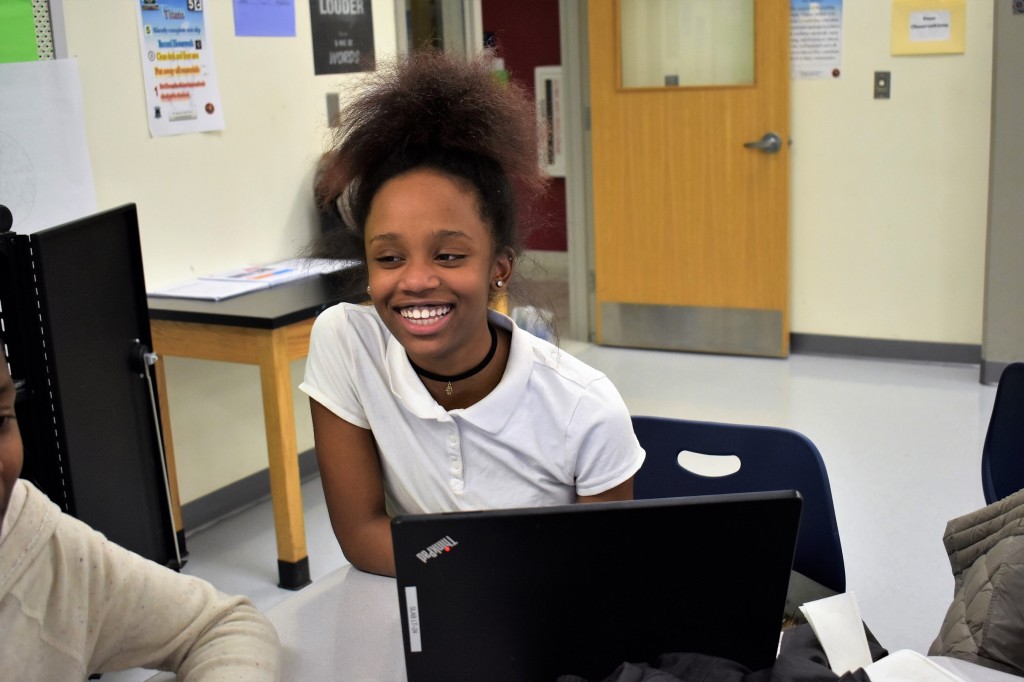
Because the nature of our work is so collaborative, a great day at BUILD is when everyone – program staff, BUILD teachers, mentors, and students – are in sync. In practice, that means teachers, staff and mentors are creating a safe and inclusive space for learning, collaboration and creativity. It means students are not just dreaming about but acting on their desire to start a business, tour prospective colleges and experience potential careers with professionals who host them throughout the city. It means that we are working relentlessly to reduce the opportunity gap for our students and work together to collectively impact our student’s success.
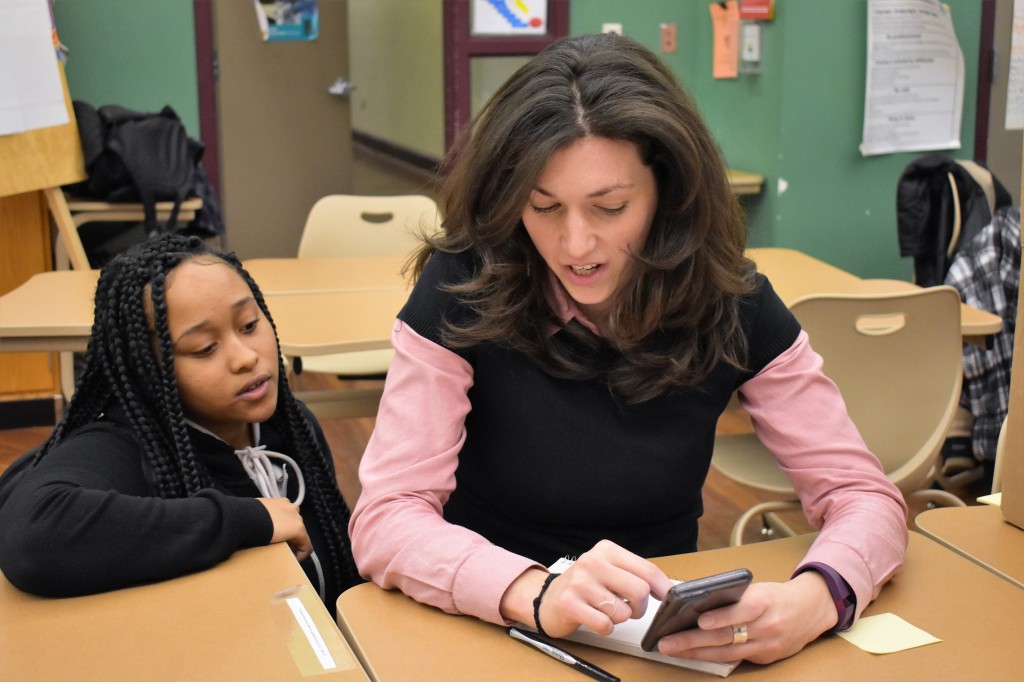
BUILD could not do our work without the involvement of committed volunteers. Mentors play a critical role by working with students on a weekly basis to support their businesses and academics. Annually, BUILD recruits and trains 100 mentors who fulfill their mentor requirements of working with students (10th – 12th graders) on a weekly basis, starting in the 6th week of the school year, for 1.5 hours per week, to support their business and academic pursuits. Mentors are college-educated professionals who expose students to different career options while serving as reliable, caring adults.
BUILD also offers one-time volunteer opportunities where professionals from the community serve as judges at Business Pitch Competitions or serve on college and career panels.
Individuals interested in volunteering and supporting BUILD should contact us at builddcinfo@build.org.

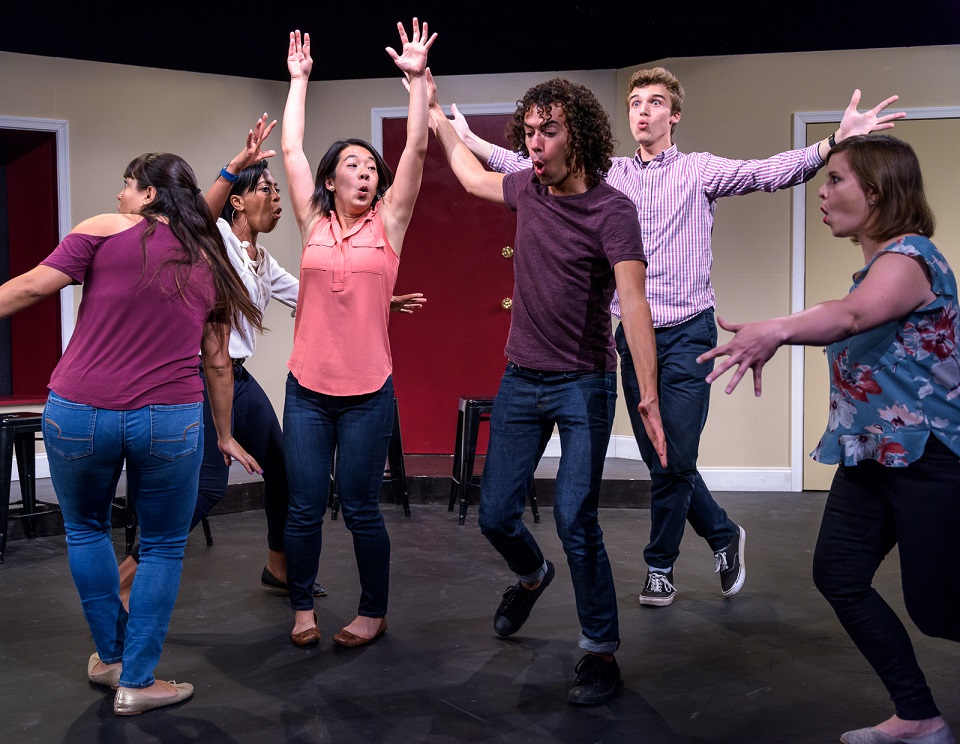
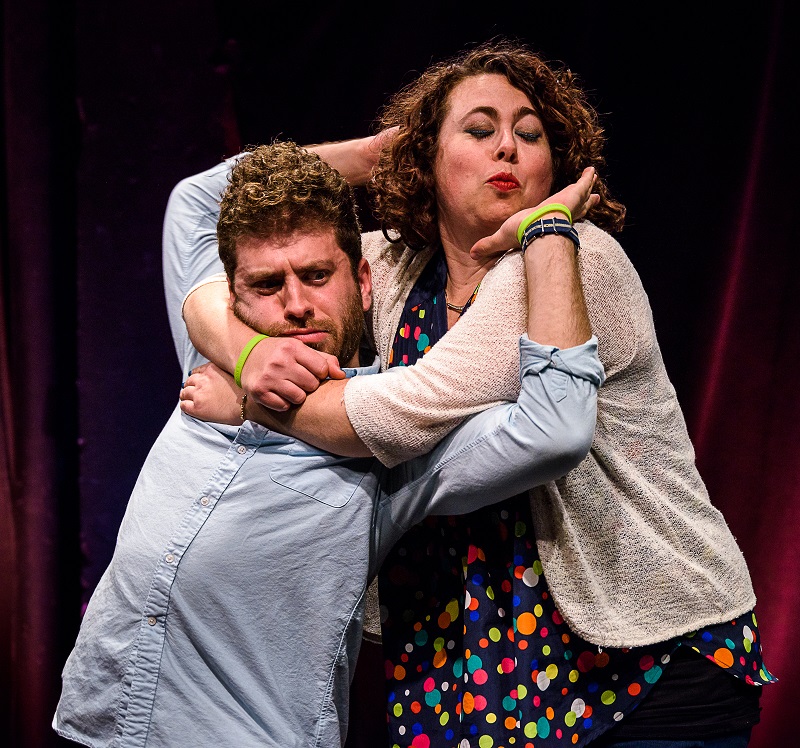
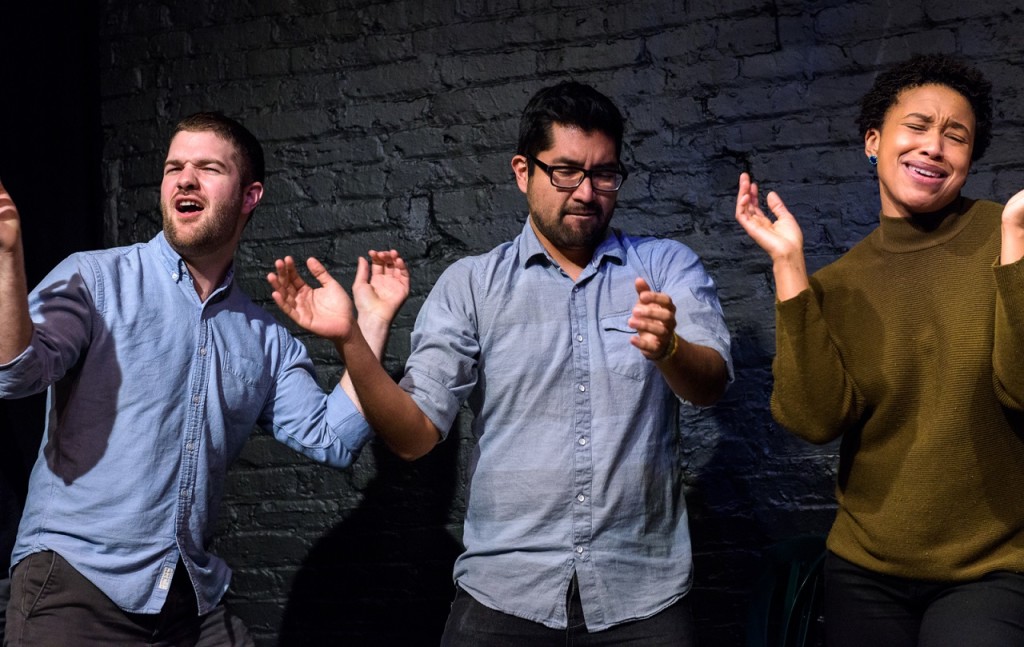
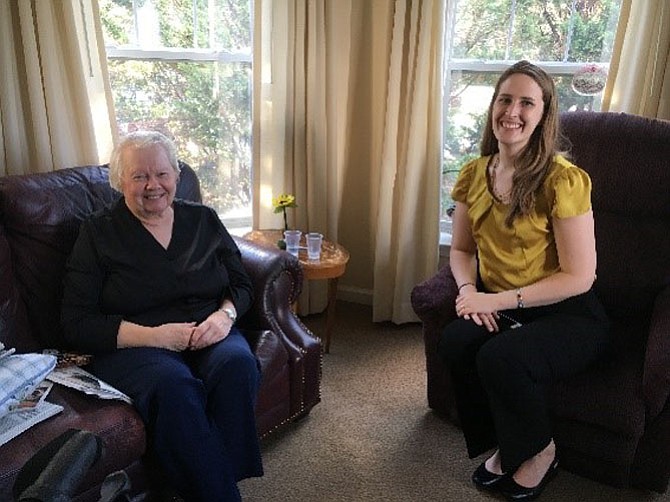
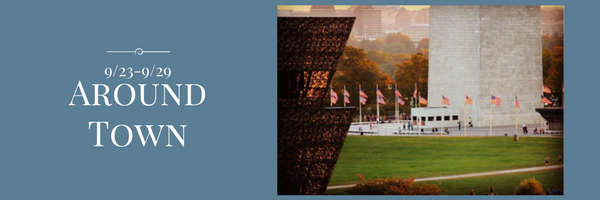
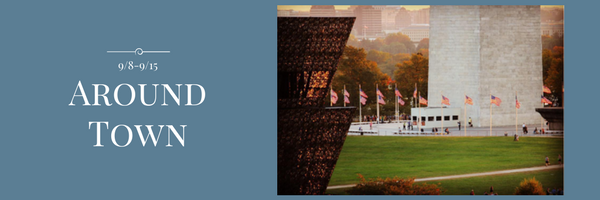
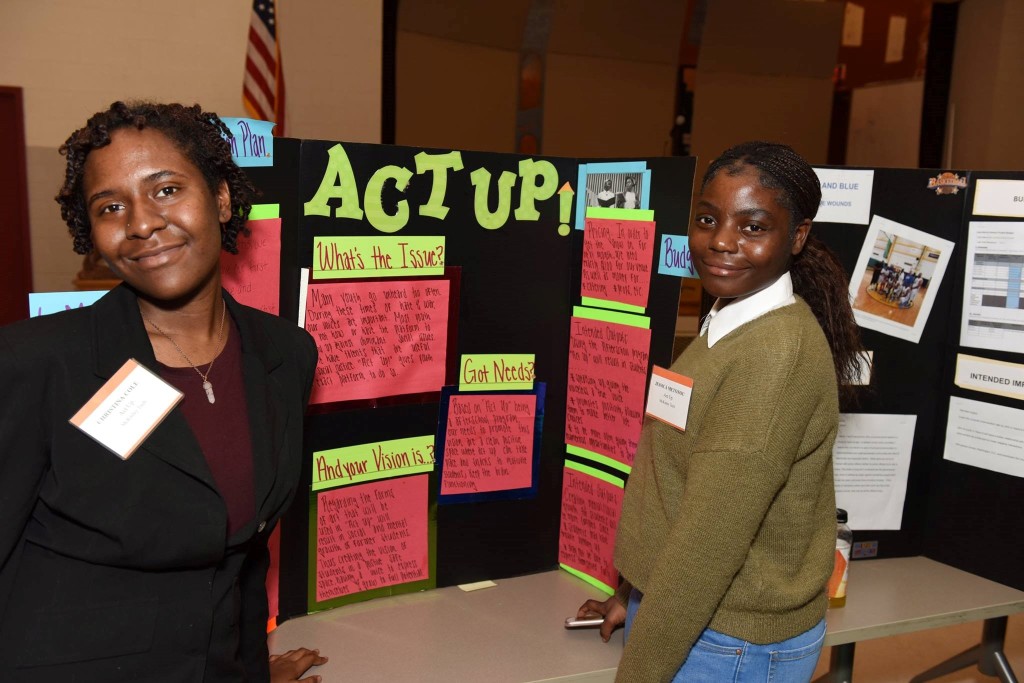
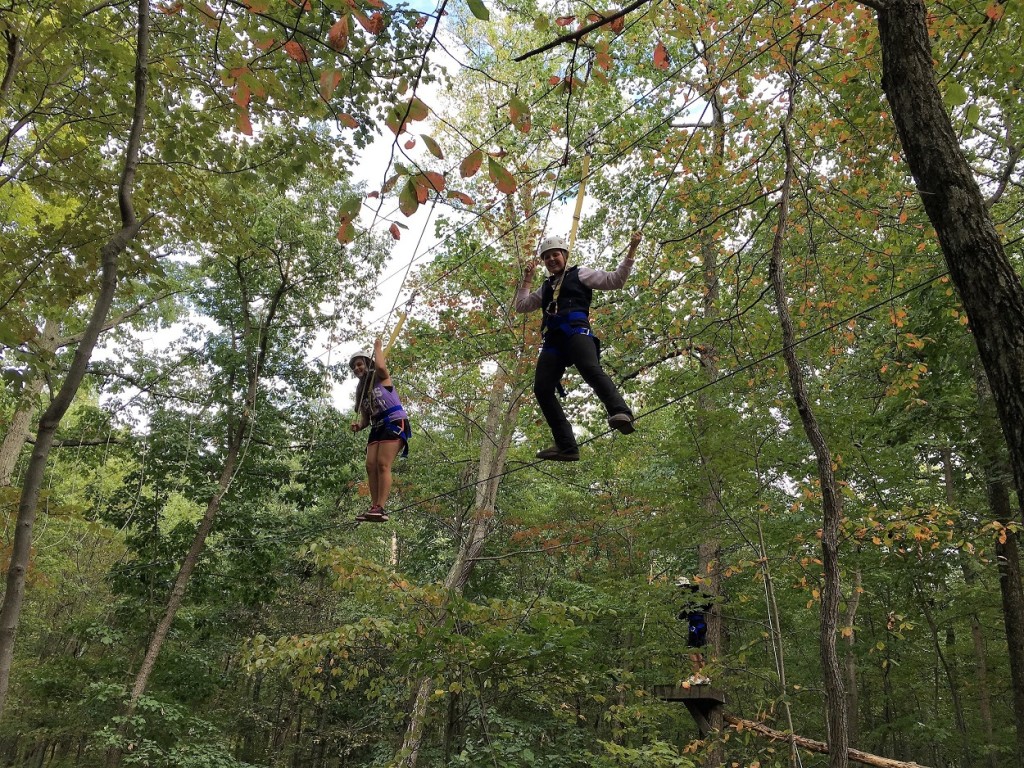

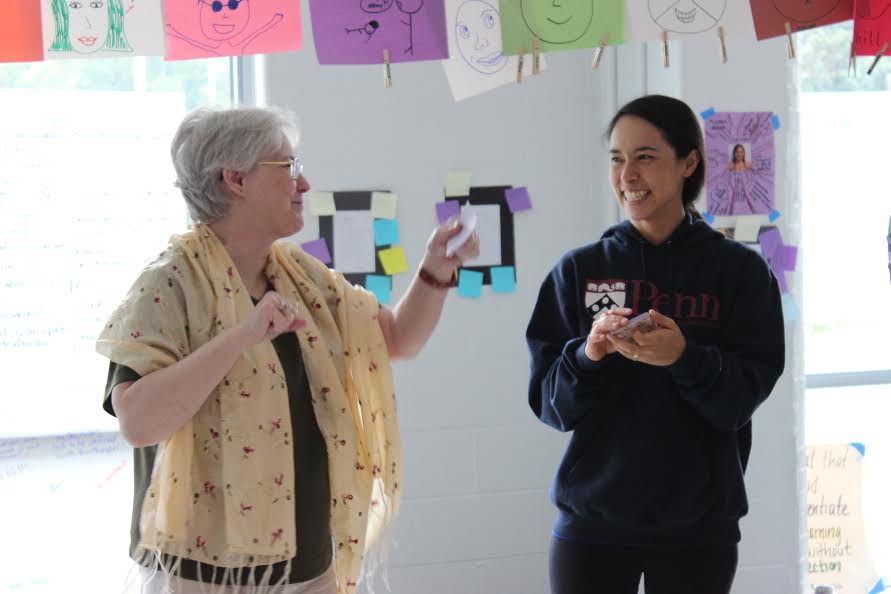 Only weeks after beginning my job at
Only weeks after beginning my job at 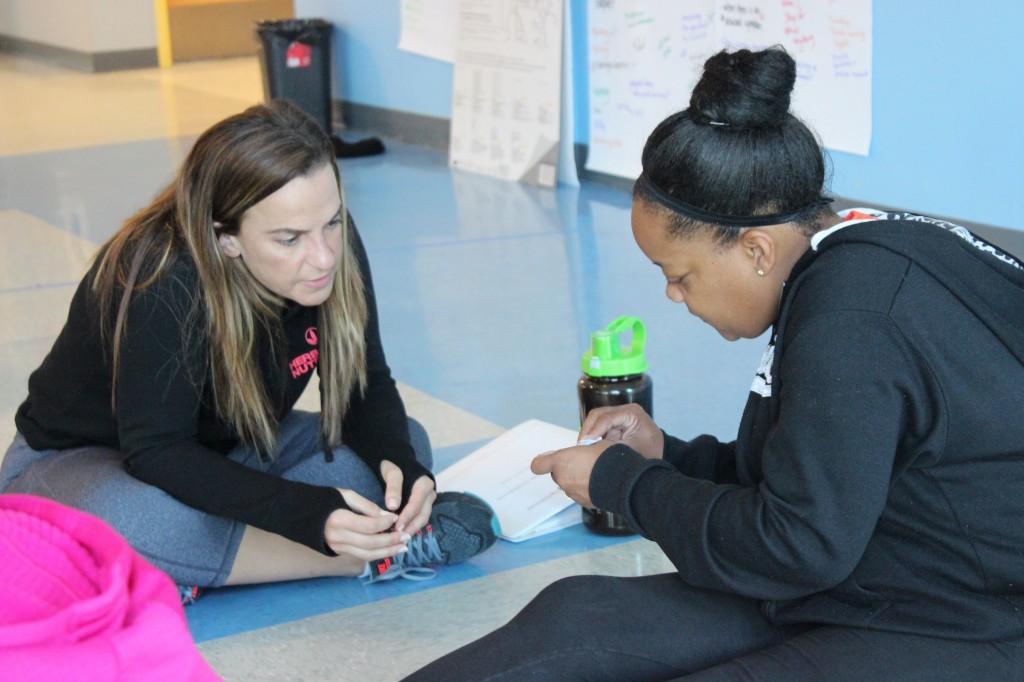 Through thought provoking activities like this one, as well as many others that required more flexibility (physically, emotionally, and mentally), the Institute demonstrated that – for both teachers and students – creativity and rigor are not mutually exclusive, but rather go hand in hand.
Through thought provoking activities like this one, as well as many others that required more flexibility (physically, emotionally, and mentally), the Institute demonstrated that – for both teachers and students – creativity and rigor are not mutually exclusive, but rather go hand in hand.